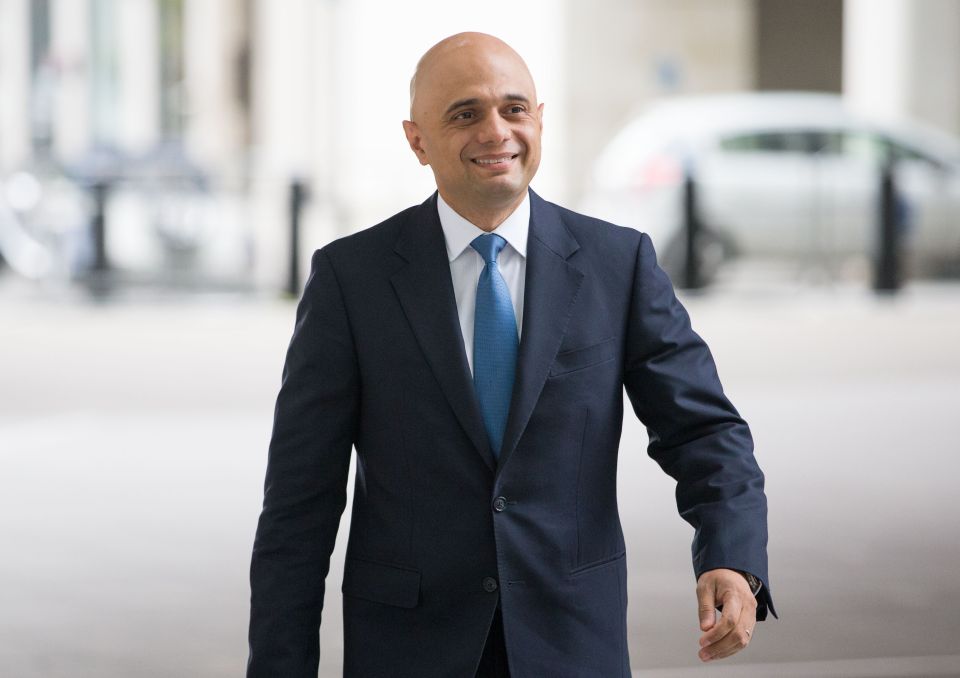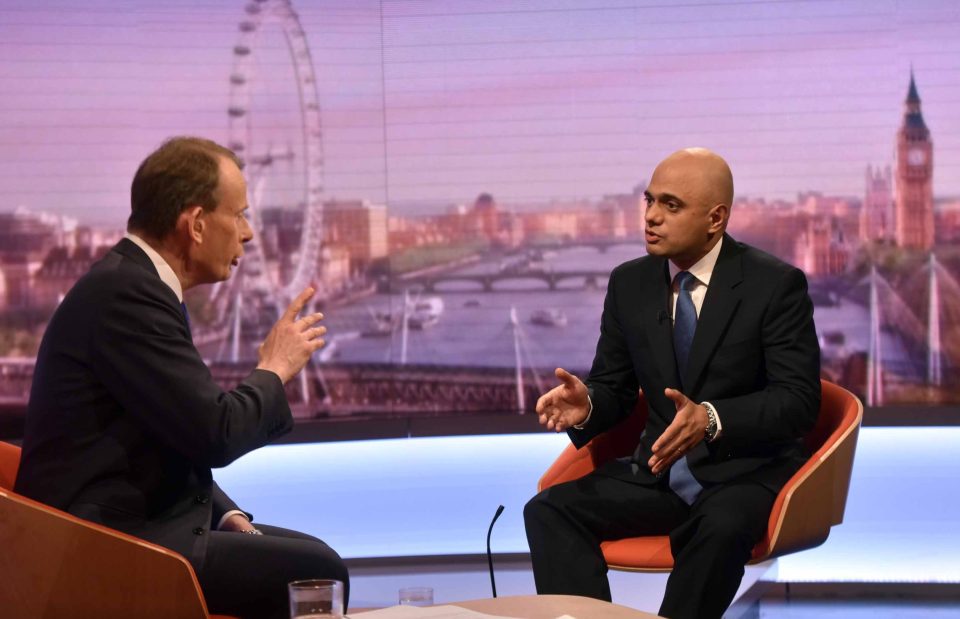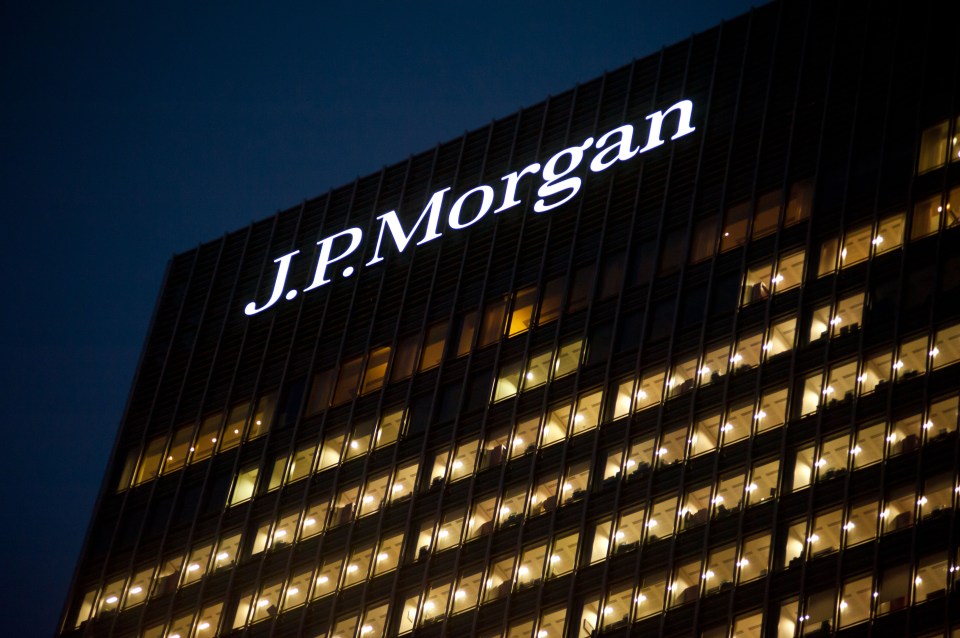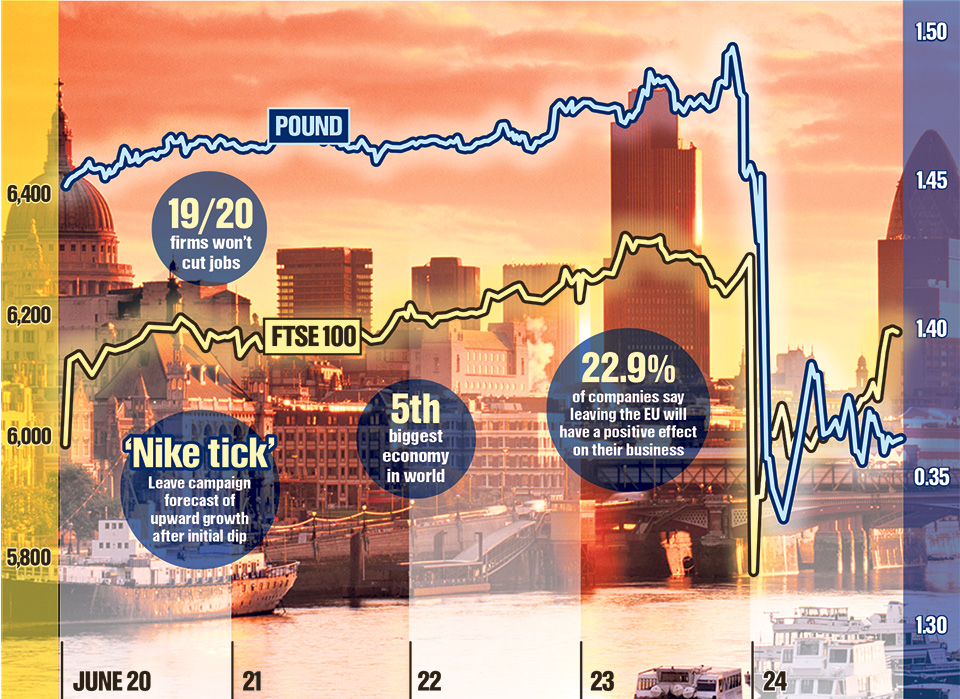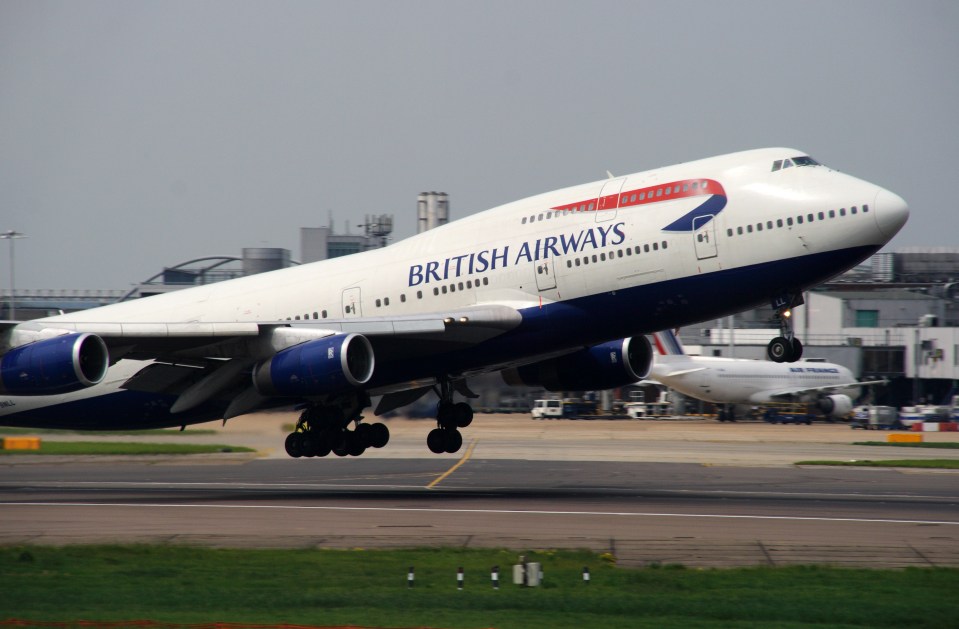Business Secretary Sajid Javid in move to sooth troubled markets in wake of Brexit
Tory peacekeeper in 7am ring-round to assuage firms following Britain's vote to leave EU

BUSINESS Secretary Sajid Javid is urging industry bosses to stay calm as he tries to stop a panic exodus of firms.
He revealed he has been ringing big employers since 7am on Friday in a bid to keep investment in Britain.
And tomorrow he will meet two dozen business leaders, insisting they can see out the storm.
Mr Javid called for talks as a report out today reveals firms plan mass job cuts, freezes and transfers abroad. He said: “Now is a time for reassurance for business, and my message is there’s no need to be panicking.
“We have to have a calm approach, which is what we’ve seen since Friday. They have weathered storms before and together we can make this work.”
He added: “Most business leaders wanted the UK to remain in the European Union. The economic risks of Brexit haven’t gone away, but I’m determined to help reduce them, and look for opportunities.”
He told friends he may run for Tory leader after being approached by “lots of serious people”.
Stock markets including the FTSE 100 were again expected to be volatile when they opened at 8am.
Sterling’s value is also expected to face huge fluctuations against the dollar, after dropping to a 30-year-low early on Friday.
Mr Javid added the UK does not need to immediately trigger Article 50, which sets a two-year deadline for leaving the EU.
He was also asked about his predictions during the referendum campaign half a million jobs would be lost due to a Leave vote.
He said: “I lost the argument, but we all come together to make this work for the country.”
Asked if George Osborne could resign, Mr Javid said the Chancellor had been “getting on with his job” since the vote. He declined to comment on the prospect of an emergency budget.
I lost the argument, but we all come together to make this work for the country
Sajid Javid MP
The report by the Institute of Directors (IoD) found 64.1 per cent of bosses think the result will be bad for their business.
Of these 36.8 per cent said Brexit would be “very negative” and 27.3 per cent “slightly negative”. Just 22.9 per cent think a Brexit will be positive. Over a third will cut investment. One in ten will increase it.
A quarter say they will freeze recruitment and a fifth will consider moving some operations abroad. One in 20 say they will cut jobs.
Related Stories
Simon Walker, boss of the IoD, which represents 35,000 firms, said: “We can’t sugar-coat this, many members are feeling anxious.”
The single market currently allows many UK businesses to trade without tariffs in the EU. But that could all change depending on what deal is hammered out. Investment banks are among those most likely to cut jobs or move them abroad.
If the UK falls out of the European Economic Area (EEA), which includes the EU plus Norway and Iceland, it would mean the loss of “passporting”. This allows banks to operate without restriction in all EEA countries.
JP Morgan has said Brexit could see it shift up to 4,000 roles abroad, but it will not completely quit London. HSBC could move 1,000 roles, potentially to Paris, and Goldman Sachs has said it will shift jobs to Frankfurt in Germany.
British Airways’ owner International Airlines Group has warned a Brexit will hit profits. And Brit John Cryan, the chief of Deutsche Bank, said he thought London could lose some of its status as a financial hub. The FTSE 100 fell more than eight per cent on opening on Friday morning. But it ended just 3.15 per cent down for the day.
The pound plunged from $1.50 to $1.30 on news of the Brexit but later recovered to $1.37.
Market analyst Tony Cross expects the volatility to continue.
Economic adviser Ruth Lea said she expects “trade to continue very much as it is today” with the EU, even after the UK leaves.
FIRMS CALL FOR COOL HEADS

BUSINESS chiefs will not lose faith in the ability of British firms to overcome obstacles after Brexit, according to Institute of Directors boss Simon Walker.
He said: “There is no point crying over spilled milk. But these (survey) results highlight the importance of the Bank of England maintaining stability in the financial system. It is crucial that the banks do not starve businesses of cash. “Businesses have a clear message to those who may wish to replace David Cameron as PM: during the referendum campaign we were promised an open and outward-looking country after Brexit — now it must be delivered. Firms are willing to be patient, with half (51 per cent) thinking getting a good deal should be prioritised over wrapping it up speedily. “Cool heads will be needed because, at the moment, nearly half of IoD members worry the rest of the EU will react negatively to the UK in negotiations. “The overwhelming priority now for business leaders is that steps are taken to protect the economy from the negative reaction in financial markets.”
And JD Wetherspoon boss and Leave campaigner Tim Martin said the UK had a bright future. He said: “We are in a much stronger position than the EU. We can afford to take our time.”
He said the UK should wait until a new PM is chosen before entering talks. He added: “In 1987 there was a market slump by 27 per cent and the economy boomed for the next couple of years. There’s a good chance the economy will pick up.”
Britain faces being forced to abide by banking rules shaped in Berlin, Paris and Frankfurt, our former EU commissioner claimed.
Lord Hill, who quit at the weekend, said UK bankers could be ruled by priorities dominated by the Eurozone.
Erik Nielsen, chief economist at UniCredit, said the resignation of Lord Hill meant “whatever influence the UK had in the EU is completely gone”.


